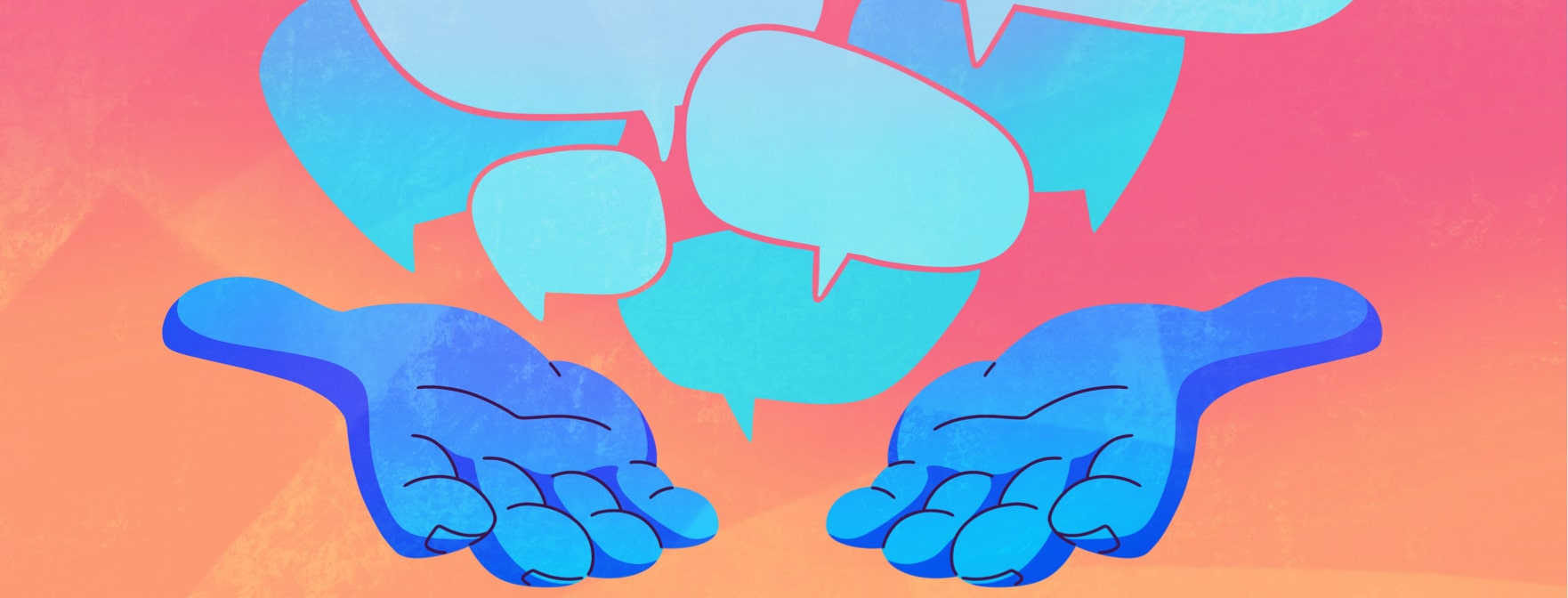My Advice on Flares (From 35 Years of Experience)
Crohn's disease is unpredictable but the one thing that's guaranteed is that it will flare up.
In my 35-year experience with the disease, my flares have varied in length and severity which meant I dealt with them all differently. And depending on who you talk with, everyone's own personal flare experience is different. Some of my flares were just pain, or sometimes running to the bathroom 20 to 30 times a day, or a combination of both, or sometimes just perianal pain. It depended on the flare.
Every IBD flare is different
My Crohn's developed suddenly, unlike most, and so flaring honestly scared the hell out of me. The pain was something I have never experienced before and before being diagnosed, I had no idea how to deal with it. My first flares happened frequently (sometimes every few minutes) and lasted months. But flares can be different, different in strength and/or length.
Flares can also be secondary to your Crohn's, like an infection or abscess, or even medications. Even someone like me with decades of experience can get confused about what is causing the flare. I have also learned things I can do to help get some relief or know when it's time to head to hospital. I also know that if I eat something I know will cause a flare, I totally avoid it.
My advice for explaining flares
Trying to explain flares to doctors in my early days was hard, but in the end, I described my flares like an oncoming train with its whistle blowing. You can see and hear it in the distance heading towards you, that's the beginning of the pain. As it approaches and the whistle gets louder, that's the pain becoming more intense. When it gets to you, the whistle is the loudest, and that is the most intense and excruciating pain, lasting for a few minutes.
Then, just like the train, the pain starts to subside just as if the train was getting farther away and the whistle starts to fade... Only to repeat itself minutes later in a vicious cycle of pain.
My advice on trying to find relief
Dealing with a flare can be tricky sometimes but you learn what to do for you to get through them. I have fistulising Crohn's and I would have 2 types of flares: abdominal pain, blood, obstruction, and/or perianal flares (fissures, fistulas, abscesses).
Not eating is not the best answer
When I was in severe abdominal pain, my natural reaction was to stop eating because the pain was associated with eating. No matter what I ate, I would suffer pain, sometimes as soon as the food touched my tongue. Thus, the drastic loss in weight. I lost around 60 lbs at my worse. I would try and eat broth but it would still cause pain.
Eating, but avoiding triggers
I would force myself to eat knowing I would be in pain minutes later. Having said that, I knew what to avoid that would make the flares worse. For me, I knew to avoid raw and green vegetables, coffee, alcohol, and any dairy or spicy foods. And I still avoid them today.
Managing pain
I always avoided calling the doctor or heading to the hospital because I was afraid of the doctors telling me I needed surgery – again – even though I knew it was the right thing to do. I bought a heating pad and would put it on my abdomen, which helped a little. I also drank, and still drink, peppermint tea to help soothe the pain, but tea is a diuretic so increased my diarrhea.
Biologics helped my Crohn's pain
After many, many years of abdominal pain, the only medication that ended up working for me, in regard to abdominal pain, was a biologic. Prior to that, I was on prednisone and Salofalk. Biologics worked like a "Godsend" for me. But it did not help my fistulising perianal disease, which continued to flare.
Flaring perianal disease with Crohn's
This part of Crohn's disease is highly unpredictable and was not directly related to food. Abscesses would form literally out of the blue for no particular reason. Having said that, I did learn that certain activities would flare this part of the disease.
Avoiding sitting
Sitting for long periods of time, hard chairs, or even running would flare my perianal disease even though the biologic was supposed to help with this. I knew when I was flaring with perianal disease that I definitely needed to head to hospital when it got to the point where I could no longer sit. But things that would calm the flare were warm sitz baths with Epsom salts. Not much more would help this.
Knowing when it's time to go to the hospital
Once an abscess got to the point that I could no longer sit at all, that's when I needed to get to hospital where they would either lance the abscess in the ER or headed to the operating room to cut it open and add a seton (had this done numerous times) so it could heal from the inside out. Unfortunately, most perianal abscesses are caused by a fistula (a tract from the intestine to the outer part of the skin) and its almost impossible to get rid of the tract.
What did it take to finally end my Crohn's flares?
As my Crohn's is fistulising, I was only able to truly stop my flares, symptoms, and perianal disease by having an ileostomy and proctectomy (having my rectum removed and sewn shut). I have not had a flare since this operation at the end of 2020, 32 years after my first flare.
I would be curious about how everyone deals with their own flares.

Join the conversation